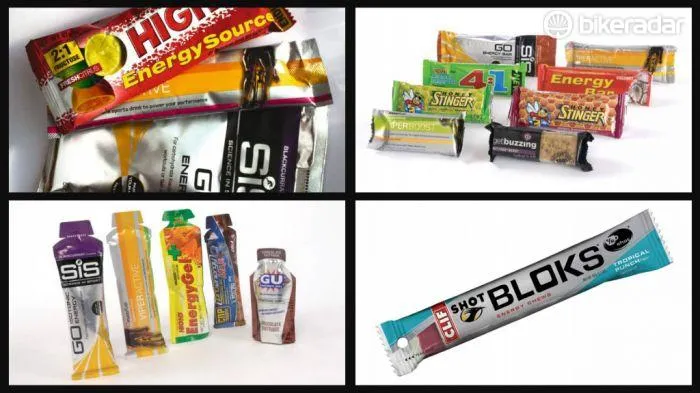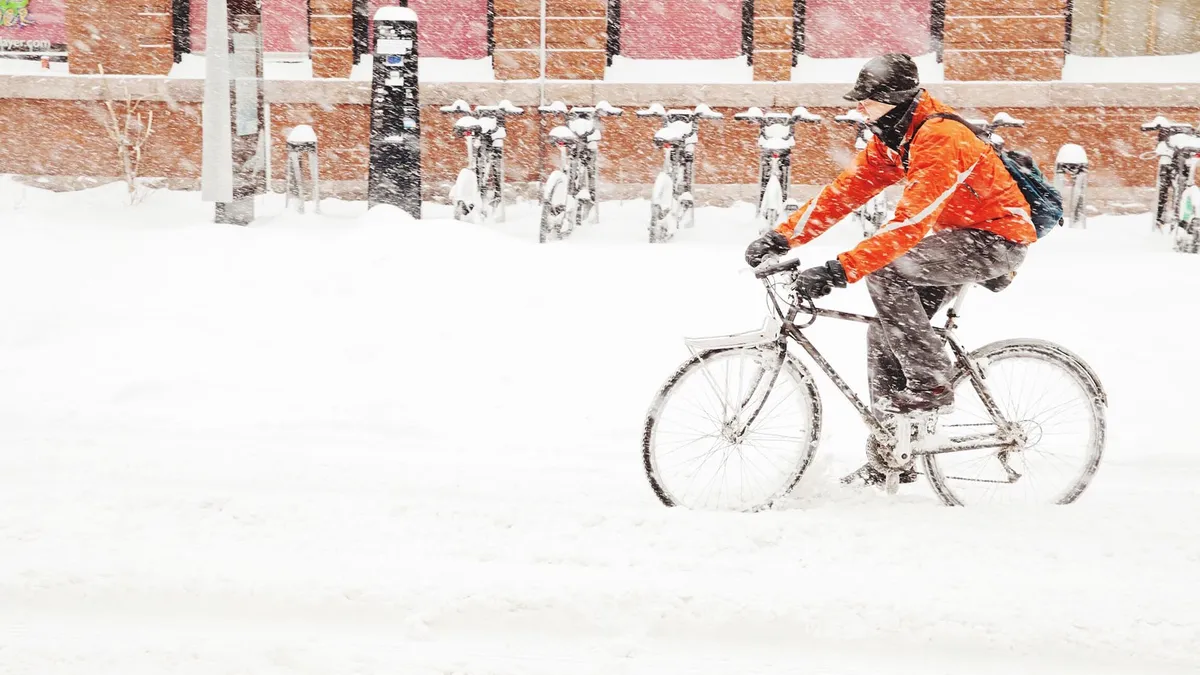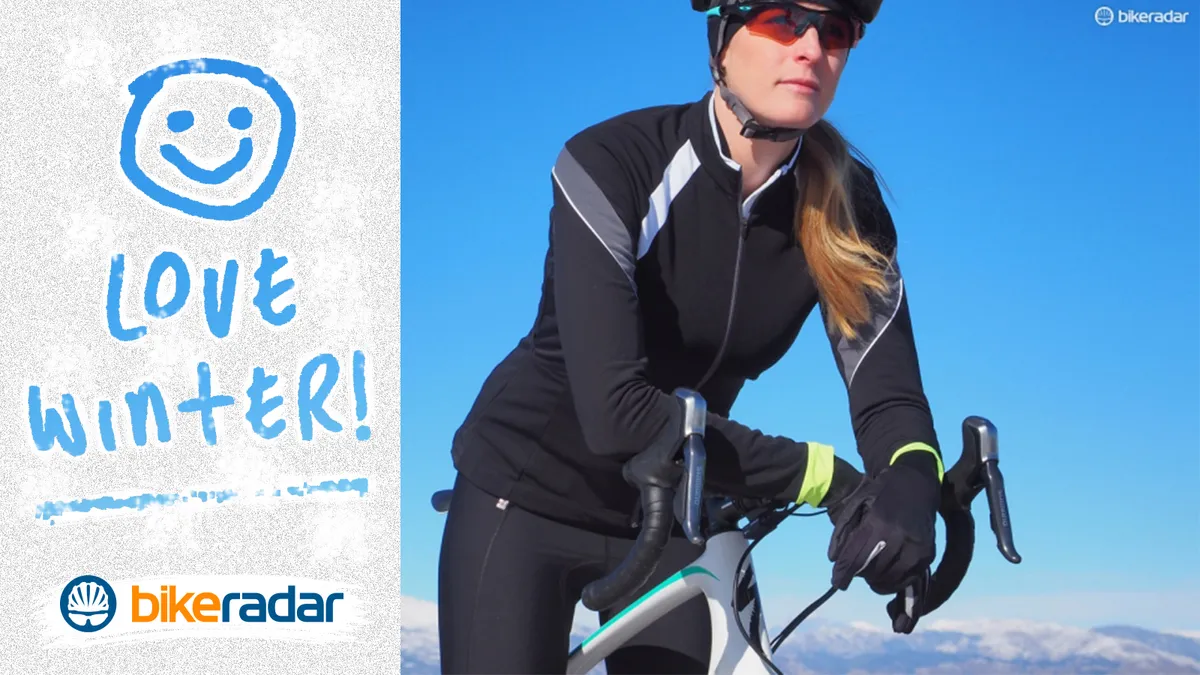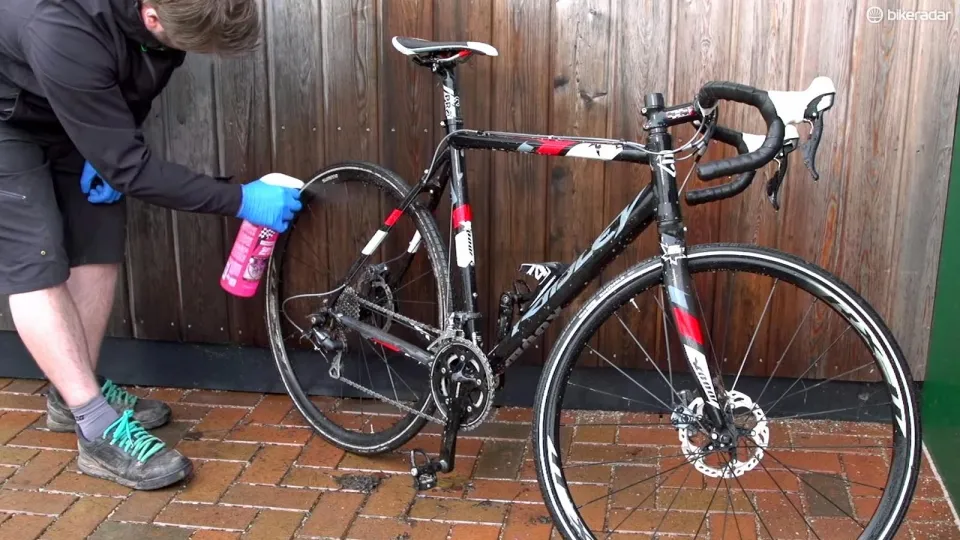While you can't do much about the weather, here are six fundamental things you can take care of before you head out. It's about survival and making sure that you get home for tea, and that both you and your bike live to ride another day.
Here’s a weather forecast: it’ll be cold and wet during the winter months. No, it’s not the most inviting time to be out on your bike, but with a bit of forethought and planning, you might even enjoy it…
1. Prepare your bike and your body
Making sure your bike is ready for winter conditions is as critical to your health as it is to the health of your bike. Dark mornings and evenings, inclement weather, wet, icy or gritty road surfaces — all of these hazards are easily addressed by checking:
- Have you got lights? Even in daytime, fog can make you invisible without them. Check out our guide to the best bike lights if you're not sure what you're looking for
- Have you changed your ‘go-faster’ summer tyres for something more grippy and puncture resistant? The BikeRadar winter road bike tyre guide is a good place to start
- And what about mudguards? You can check out our mudguards buyer's guide here
- For more on preparing your bike for winter, see our workshop guide
Look after yourself too, training can reduce the body’s immune system making you more susceptible to colds and bugs. Give yourself a fighting chance by eating plenty of antioxidant and vitamin-rich fruits and veg (here's how those can help your training). If you’re not sure you’re getting enough, take a multivitamin and mineral.

2. Don’t just pile on miles
If you’re concentrating on building up your base fitness over winter it's all to easy to do too much too soon. Don’t simply increase your mileage every week as you’ll struggle to keep up with the increased volume and end up ill or injured.
Try to work in four-week blocks, increasing your volume by no more than 10 percent each week for three weeks, and then take a recovery week where you back off by 25-50 percent. It’s during the recovery period that your body will adapt to the training and you’ll become fitter.
3. Fuel properly
On long, cold, wet rides the temptation can be to just put your head down and get on with it. But there is nothing more grueling than having a massive energy bonk and creeping home a weakened wreck. Take adequate supplies of gels, bars and energy drinks and set an alarm to go off to remind you to eat/drink them. Try one of the carbohydrate/protein mix drinks, recent studies have shown them to be more effective during prolonged lower intensity efforts.

4. Plan your recovery
Getting into a good recovery routine is key to a successful winter. Either have a recovery drink made up and ready to go in the fridge or take it out with you and start sipping during the final 10-20 minutes of your ride.
Go for a quick shower rather than a long soak (you can always wallow later), get some warm, dry and comfortable clothes on and spend 10-20 minutes stretching. Consider investing in a pair of compression tights to aid recovery.
Once fuelled, clean, warm and stretched, turn your attention to your bike. At the very least give it an all-over rinse to clean off the worst of the muck and salt and then run your chain through a rag and re-lube. If you want to give your ride a more thorough clean here are 7 quick and easy ways to clean your bike.
5. Be sensible
Yes, there is a perverse pleasure and deep virtuous glow to be had from battling against the elements, but sometimes discretion is the better part of valour. Try to think from a driver’s perspective and, if they’re struggling to see or stay on the road, they’ll struggle to see or avoid you.
Also, skinny slicks and icy roads can be a lethal combination so keep an eye on the thermometer and beware. If in doubt, err on the side of caution and hit the turbo or the gym.

6. Don’t be weight obsessed
Winter is not the time to be at your racing snake leanest. Having too low a body fat percentage will mean you chill easier when out and you’ll be more susceptible to illness. While I’m not suggesting you opt for a Black Forest gateau bloat, carrying a few extra pounds is no bad thing and the excess will drop off as training intensity increases in the spring.
Make sure you eat plenty of protein, pulses and wholegrains, vegetables and good fats.
Want more?
Read our complete guide to winter road cycling, which brings together all our top tips and advice into one bumper article. Peruse, enjoy, get prepared and ride on through the winter months.




